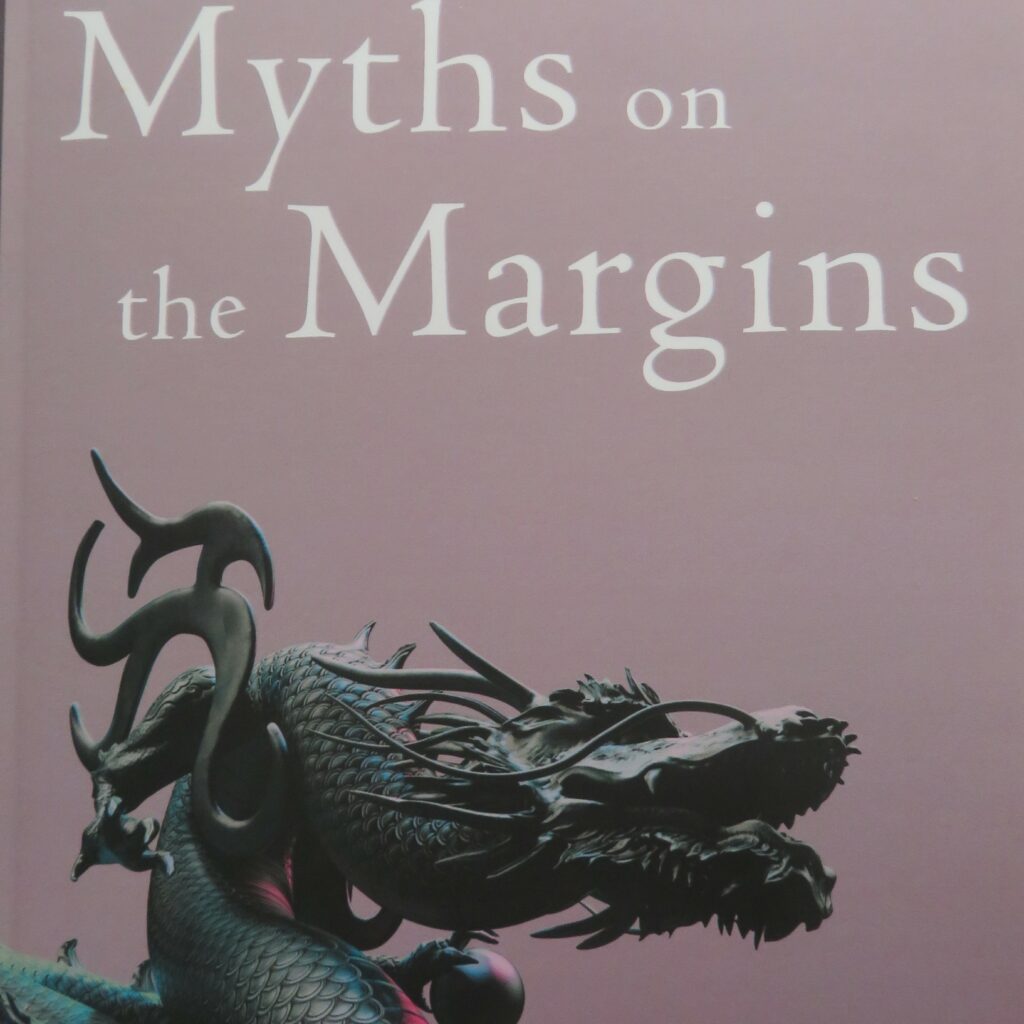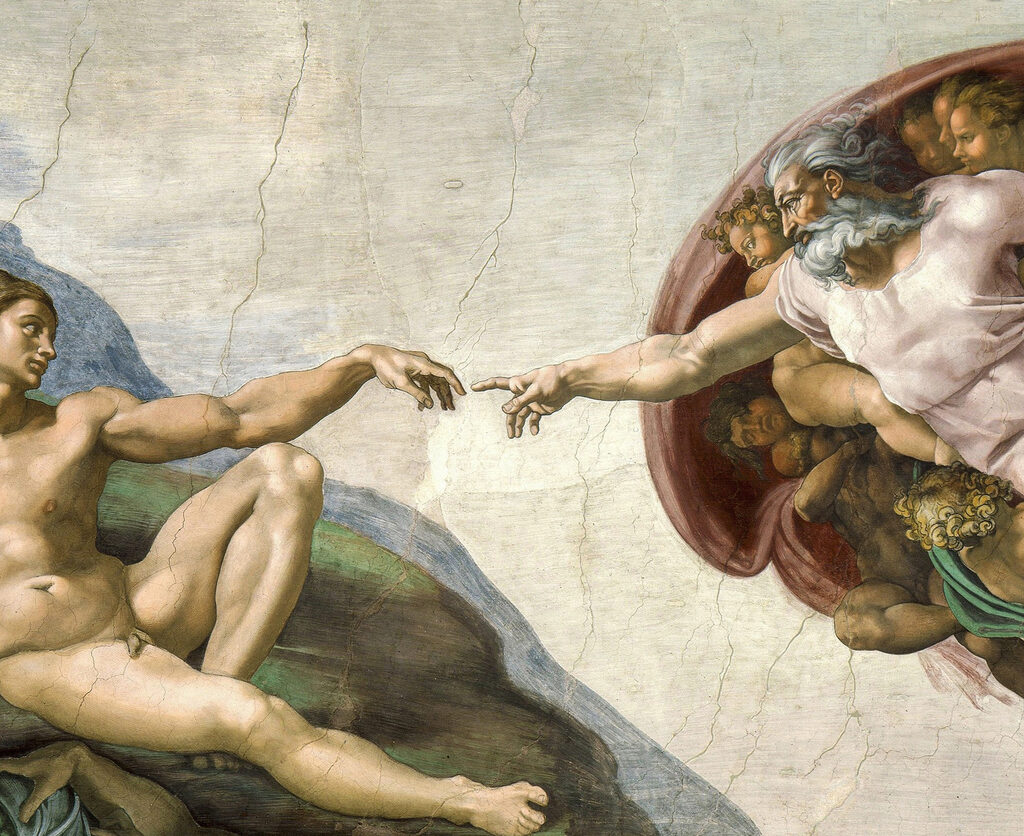Since his retirement, Rev. Dr Bill Loader has been prolific, publishing multiple new books a year. His latest effort, Myths on the Margins, explores the role that myths play in scripture, and the need to understand key myths.
“Myths belonged to the way people of the ancient world did science,” he said.
“They helped explain why things are the way they are. Why are there different languages? They told the story of the tower of Babel. Why is some soil infertile? They told the story of Adam and Eve being expelled from the Garden of Eden. Why is there a rainbow in the sky? Listen to the story of Noah and the flood.”
“Some of these stories are well known. Others are less well known but have exercised major influence on how faith looks at the world.”
“This book looks at three of these. The story of the wicked angels explains where such things as illnesses, physical and mental, come from. The myth of kings as adopted into God’s family was a major resource for explaining Jesus’ significance as king and Messiah.”
“The preacher’s clever ploy in Proverbs to warn men against prostitutes by portraying God’s Wisdom as the lover they should prefer became central to faith’s reflection on Jesus as the Word and Wisdom of God. One myth that never made it tells of the material and physical world as just a dirty trick created by a miffed god, offside with the God of light, who maliciously trapped the divine light in human bodies. It reflected some people’s life experience, but the church rejected it, reaffirming creation as God as good.”
According to Rev. Dr Loader, the term “myth” comes with some baggage in modern contexts.

“For some people “myth” is a dirty word and means something like untrue or made-up,” he said.
“In reality myths often embody deep meaning. The Tower of Babel story tells us that trying to make a name for ourselves often leads to breakdown of communication and Adam and Eve’s sin tells us that reaching beyond our limits courts disaster.”
While he said that, “it is too soon” to determine, early reactions to the book indicate that readers are fascinated with myths “and a realisation that they have something to say to us.”
“Exploring faith includes listening to the voices of the past,” he said.
“It is hard to understand Jesus’ healing ministry without some knowledge of the myth of the wicked angels and the belief it generated that the world is filled with random forces. We would call them viruses. They personalised them and called them evil or unclean spirits. Healing therefore meant exorcism, casting out demons.”
“Our explanations differ, but our task of seeking to free people from the powers that oppress them does not. Sensing strangeness and distance between our world and theirs has the effect, paradoxically, that often we discover a new closeness and familiarity which then feeds our faith.”
Myths on the Margins is available now.














